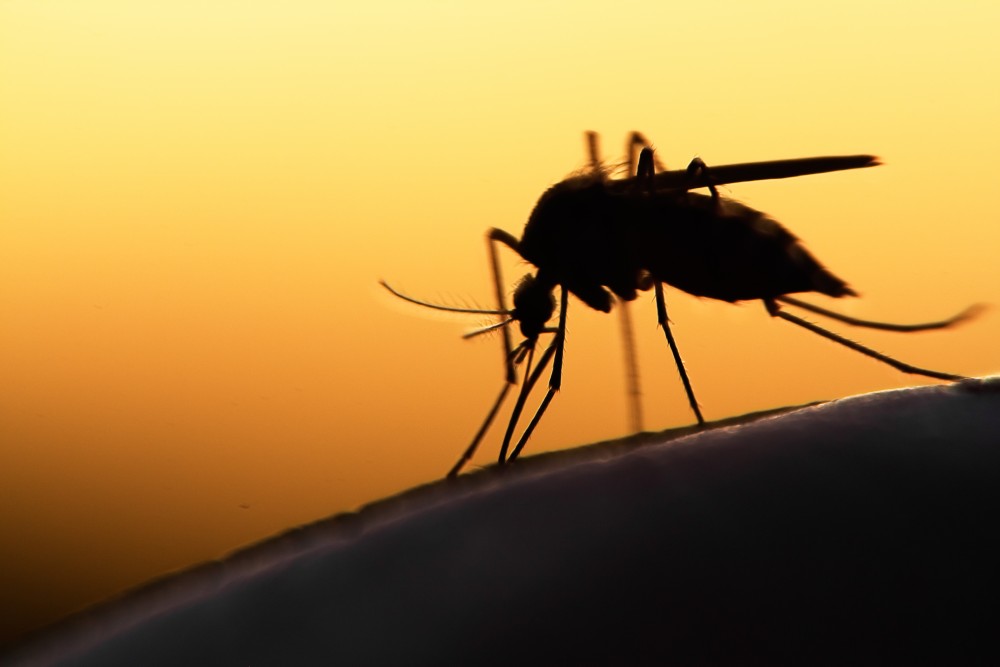
A bacterium called Wolbachia may prevent mosquitoes from transmitting deadly flaviviruses such as dengue fever and Zika virus, according to a recent study conducted by researchers from the Indiana University-Bloomington (IU).
According to the study, which was published in a recent issue of the journal PLOS Pathogens, the discovery could potentially open a path toward a new method that blocks disease transmission without Wolbachia, an organism whose impact on the environment remains unknown.
Past studies have proven the efficacy of Wolbachia-infection among mosquitoes as a way to curtail the spread of dangerous diseases in process known as pathogen blocking. Most recently, a population of Wolbachia-infected mosquitoes was released in Florida to help stop the spread of Zika virus.
IU scientists first designed a model system that was comprised of Wolbachia-infected fruit flies that were infected with the Sindbis virus, a safer and easier virus to manipulate in a laboratory setting compared to viruses like Zika and West Nile.
“We’ve got a lot of genetic tools for Sindbis virus and fruit flies,” Richard Hardy, IU biology professor and co-lead author of the study, said. “This means we’re able to label different parts of the virus genome and track replication of its RNA inside the host insect.”
When comparing Wolbachia-infected fruit flies to their non-infected counterparts, researchers found that Wolbachia flies produced “significantly higher” levels of Mt2, a gene which encodes an enzyme called methyltransferase. The researchers then used genetic methods to crease two types of fruit flies, one that lacked Mt2 and one that produced very high amounts of it.
The results found that flies without Mt2 lost their ability to block transmission of the Sindbis virus after infection with Wolbachia. Comparatively, flies that produced high levels of the enzyme were resistant to Zinbis virus, even if they were not infected with Wolbachia.
Additionally, the protective effect would likely apply to the transmission of deadlier viruses than Sindbis.
“The fact that flies with high expression levels of this enzyme were protected against virus infection despite the absence of Wolbachia is very significant,” IU PhD student Tamanash Bhattacharya said. “These results suggest that the methyltransferase Mt2 alone is sufficient to create a virus protection effect.”
The study was supported in part by the National Institute of Allergy and Infectious Diseases (NIAID).




